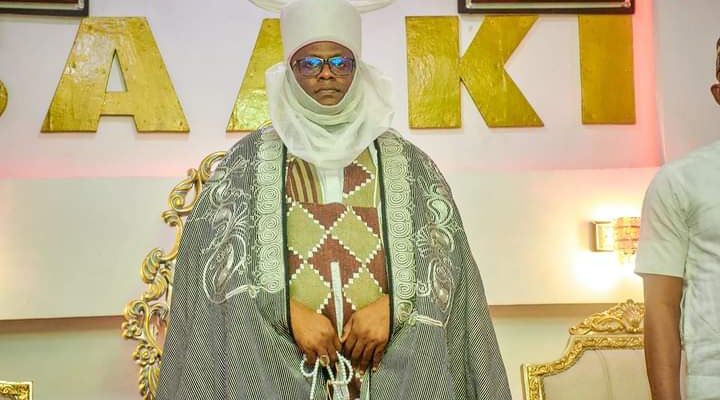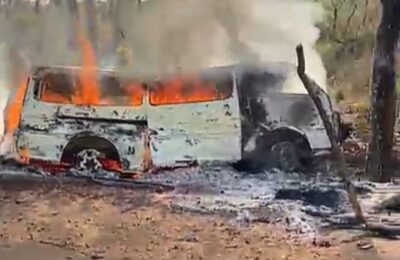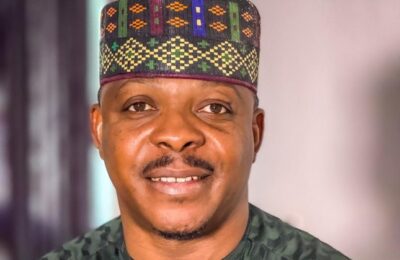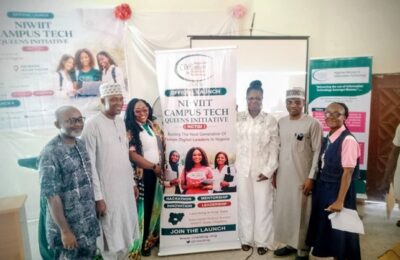There is a saying that goes: if you know someone is a thief, give him your goods to keep, they won’t be lost.
I vividly remember when Hon. Alh. Yahaya Karaku was the Chairman of Okene Local Government. He initiated the peace process that ended the 2007 political crisis which claimed many lives and properties. His first step was to convince those who had guns to submit them and embrace peace. They complied, and later began persuading their colleagues to embrace peace. Eventually, they all submitted their weapons and were compensated by the government. If I am not mistaken, the State Commissioner of Police was in attendance during the program. That initiative immediately restored peace to the land, and we began enjoying free movement from one place to another without fear of political attacks throughout his tenure. Importantly, he did not select people who had no knife, let alone a gun, rather, he gave the assignment to the actual actors in the crisis because they know themselves better.
It is a well-known fact that some Fulani are involved in banditry, kidnapping, and terrorism, not only in Ebiraland but across the country. Yet, they live among us, and we cannot chase them away because they are Nigerians, and the law does not permit it. Often, disputes arise between them and our farmers. However, it must be acknowledged that not all Fulani are bad, there are good ones among them. Since we cannot send them away, then, what can we do to curb the bad elements among them in our society?
In Ebiraland, we know that lands belong to clans. Currently, there’s an increasing outcry that the Fulani herdsmen have taken over our fertile farmlands. But let’s ask ourselves this question: who gave them the land in the first place? Did they forcefully seize it without the permission of the rightful owners? If that’s the case, who did the landowner report to? Was the matter taken to court?
I have never heard of our Ohinoyi forcefully taking land from any clan to give to Fulani settlers. It is usually individuals within each clan who allocate their land to Fulani people, without the Ohinoyi’s knowledge they believe it’s their land not Ohinoyi’s land. Yet, whenever disputes arise between Fulani and our farmers, we all assumes that it is the Ohinoyi’s duty to resolve the matter, even though he was never involved in granting them settlement in the first place. Whom do we expect him to talk to among the Fulanis?
That is why I see nothing wrong if, in his wisdom, the Ohinoyi decides to nominate trusted individuals to serve as intermediaries. These representatives can act as points of contact whenever disputes arise between the Fulani and our people, while also helping the state government with vital information. Before allocating land to them, there should be a rigorous process in place. I believe this new development could help address the issue, because the truth is, we do not live in the bush with them, only they can identify suspicious elements among themselves and notify the community if strange faces suddenly appear in their settlement. This makes accountability possible, because whenever issues arise, we will know who to hold responsible to produce the offenders among them.
I also believe this initiative would not have seen the light of day if the state government had not given its support after evaluating its potential to strengthen security, let alone the State Accountant General being in attendance.
If including them in our peace process was bad, I don’t think our Senator would have considered building a school for their children, especially when there are already many schools available in our land.
Therefore, granting them traditional titles to checkmate themselves cannot make them surplus in our land if your clan never gave them land in the first place. Each clan should caution those responsible for land allocation to be more careful in their dealings.
May the peace we are all yearning for be achieved.
– Engr Ira Habib writes from Kogi state.




